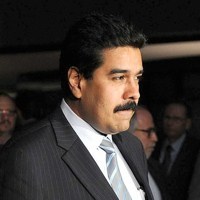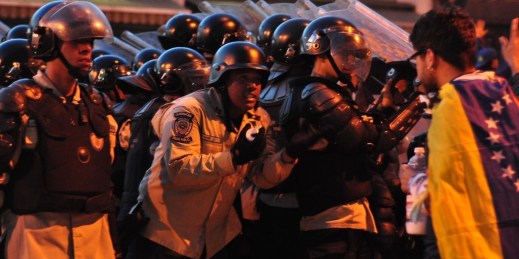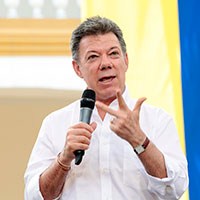
When ailing Venezuelan President Hugo Chavez publicly anointed Nicolas Maduro as his desired successor a year ago, Chavez apparently forgot to hand over one element of his power: his more than 4 million Twitter followers. Chavez’s account, @chavezcandanga, has not posted a new message since Feb. 18, 2013, about two weeks before the populist leader’s death on March 5, 2013. The account retains Twitter’s coveted blue checkmark for “verified” accounts and, if anything, has gained followers since Chavez’s death. A triumphant press release issued by the Venezuelan Embassy in the U.S. a day after that final tweet noted that the […]




